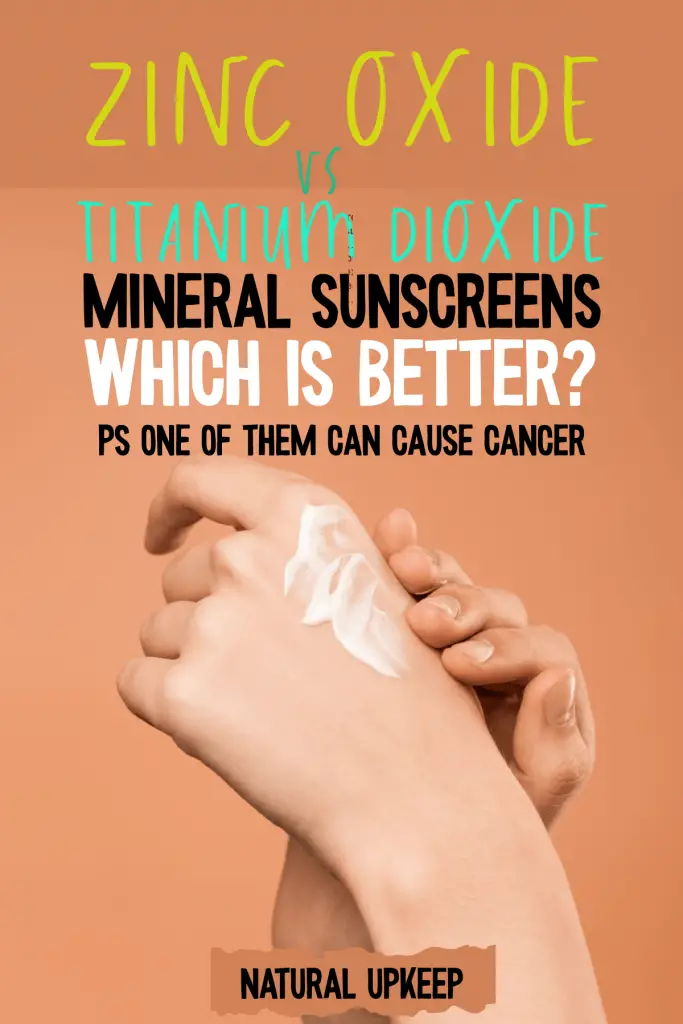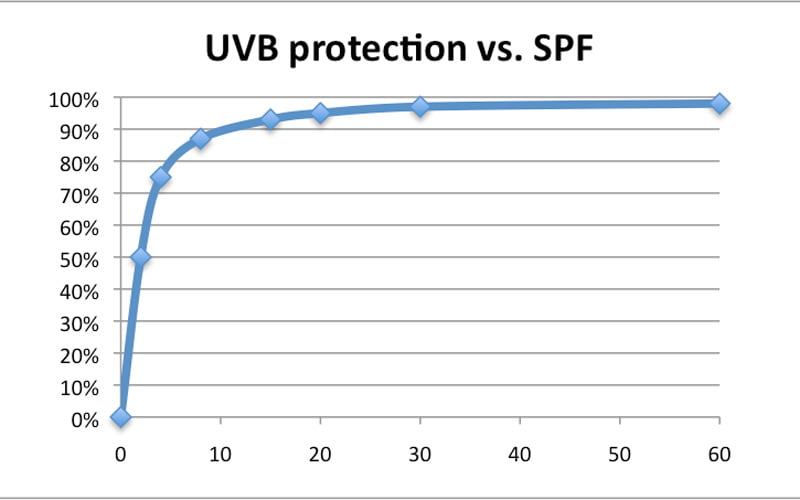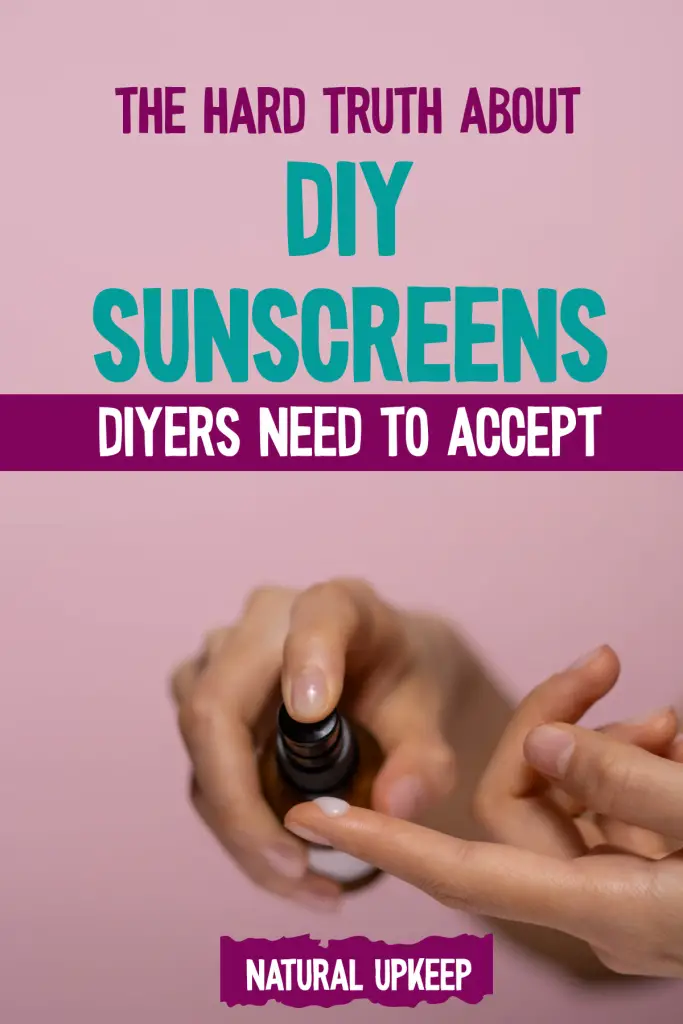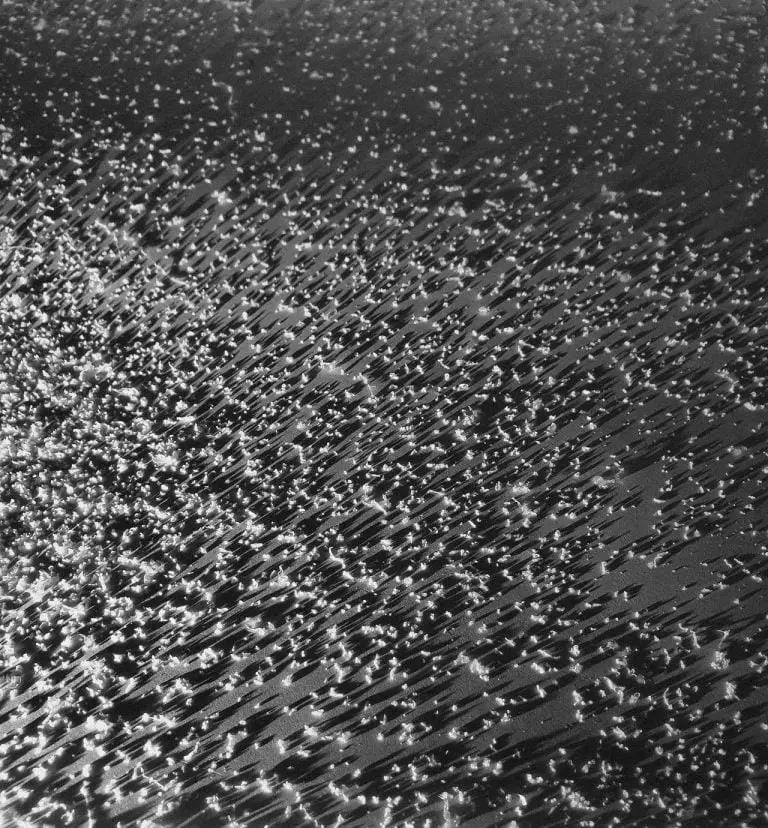A comprehensive guide on selecting healthy sunscreens
I am going to admit. This area is not one I was very familiar with before writing this post. I simply know that people use them because they don’t want to get dark in the sun and something about ultraviolet rays (UV) causing skin damage, accelerating aging, etc. Let us stop assuming and dive into the true picture.

What is a sunscreen?
Sunscreen is a lotion, spray, or cream that is developed to protect the skin from the harmful rays of the sun such as the Ultraviolet (UV) rays. The main reason that people use sunscreen is for health (to prevent skin cancer) and vanity (to prevent accelerated aging, maintain their skin tone, etc.).
There are many components that determine the quality and effectiveness of a sunscreen product. Some of these determining components are SPF level, the spectrum of the sunscreen (a broad spectrum is preferred as it protects from a wider range of ultraviolet rays), mechanism of protecting the skin, type of ingredients (natural or not), etc.
When should I use sunscreen?
Many of us including me, think we should use sunscreen when it is obviously sunny outside. Turns out as advised by professionals, you need to apply it every day even on a cloudy day as the sun is still shining and the UV rays are still reaching the earth’s surface.
Do tanned/dark skinned people need sunscreen?
It is time to get it out of our heads that just because you are not snow white, you are somehow immune to sun damage. That is very untrue and a potentially dangerous assumption.
Yes, a lighter person will need a stronger dose of sunscreen than a darker person but they both need to use sunscreen to prevent skin damage.
Studies have shown that darker people are becoming more susceptible to sun damage and skin cancer than lighter-skinned people because they don’t take using sunscreens seriously.
The Truth about SPF and how much is needed by an adult?
The acronym SPF stands for the sun protection factor. It is an important factor in determining the type and brand of sunscreen to buy. SPF is used to indicate the ability of the sunscreen agent to protect against ultraviolet radiations from the sun that are the cause of aging, sunburns, skin cancer, etc.
An average adult needs a product that has a 25-30 SPF count which will provide about 96-98% protection from the sun according to some dermatologists. Remember 100% protection from the sun’s rays is not possible.
There are some products in the market that claim to have a count of 100 or more SPF count. This does not mean the margin between them and the 30 SPF sunscreen is significant. At most, it can give you 99% protection. So it might not even be worth its cost if it is an expensive high-end product.
In my opinion, an SPF of about 15 is still not bad as it gives about 93% protection. In fact, that is the recommended SPF value by the CDC for when purchasing sunscreen.

Source: Appalachian mountain club
Why use natural sunscreen?
As we approach the hot and sunny weather, people are beginning to search for sunscreen options and are trying to determine which will be best for their needs.
The difference between a natural sunscreen and a sunscreen made from chemicals in a lab is very significant and due to the harmful impact such sunscreen, natural sunscreens are slowly becoming very popular.
Did you know that some of the chemicals in a typical sunscreen product that contains oxybenzone affect hormonal balance and activity, allergies, etc? Some chemical sunscreen can take up to 2 hours before they start being effective while natural sunscreens start being effective immediately.
Natural sunscreens are mainly made from minerals such as zinc oxide and plant compounds to reflect the ultraviolet rays away from the skin while chemical sunscreens absorb the chemicals and UV rays into your body and convert them to heat. Eww! Using natural sunscreens is not just better for your body and health, but also it protects the environment.
We all have the responsibility of maintaining and protecting the environment (in this case, the coral reefs) through our decisions and everyday actions.
Those that have sensitive skin or a skin condition such as eczema are best advised to use a natural sunscreen to avoid aggravating their symptoms.
The Dangerous: spray sunscreens
Spray-on sunscreens are very dangerous especially to children even if they are natural sunscreens. This is because the tiny nanoparticles though safe when applied on the skin, can get deep into the lungs when inhaled. They are then likely to cause respiratory problems such as triggering allergic reactions and asthma.
Spray sunscreens can also pass from the lungs into the bloodstream and cause much damage to organs in the body.
Some researchers consider titanium dioxide and other common sunscreen ingredients carcinogens (cancer-causing agents) when inhaled. The result on zinc oxide is inconclusive according to a study.
Other Additional concerns on the use of spray sunscreens include the issue of proper coverage which is very important when using sunscreen. It is easy to miss a most since they mostly have a clear residue.
Experts in the field are also concerned about the flammable ingredients contained that increase one’s probability of being set on fire. Some have unfortunately suffered from this serious consequence of spray sunscreens.
Fortunately for us, sunscreen lotions, balms and sticks are making their way into the market making it possible to leave this dangerous sunscreen alone. Please do leave it alone. If you have one at home, throw it away. It is not worth the risk
confession Time
When I started writing on this topic, I was quite optimistic that I will find many natural oils or minerals that are sufficient as sunscreens by themselves, after all, I have seen countless posts on DIY Sunscreen, sunscreen oils, etc. on Pinterest and the web. However, I grew sober quickly.
At first, I tried to look for proof of their effectiveness and when I find it, it is either tiny or faulty. I tried to convince myself that it should be enough evidence, after all, I have seen many bloggers write on this topic and they quote these false truths as their evidence.
There is also a lack of good research made on natural sunscreens on the web so perhaps these items work but we are simply yet to discover them. Absence of evidence is not evidence of absence as they say. Perhaps it is ole capitalism at play here that is why many sites are scaring people away from DIY sunscreens and yada yada yada. I ket trying to justify the use of singular oils and minerals as sunscreen but in the end, I had to stop and accept reality.
Eventually, I had to stop lying to myself on the truth of the effectiveness and safety of using a single-ingredient natural sunscreen and DIY sunscreens. There was much evidence against the use of natural oils and minerals as sunscreens. That was why I had to rewrite the entire post to reflect my findings on natural sunscreens.
I had to write honestly on natural sunscreens to the best of my knowledge. The truth is that there is no known singular oil or mineral that can be used as an effective natural sunscreen. If in the future one is discovered, I will joyfully write on that discovery.
The Truth About DIY Sunscreens: Are They Safe?
I hope you are not too crushed from the above confession because I know I was disappointed when I finally accepted this truth about natural sunscreen.
So how about DIY Sunscreens? Can we continue to use them? Are they good for us?
DIY sunscreens to the best of my knowledge are not recommended by health experts and even NGO health organisations. They are even said to be potentially dangerous when used long-term. This is because these sunscreens are helping you to deceive yourself into thinking that you have adequate sun protection when you do not have much.
For a more long-winded explanation: you can read al about it on beautiful with brains, choice, and Allure.
SO Is there any natural sunscreen that does the job?
Yes. Thank God there are some good natural sunscreens that are not oils or singular minerals.
In the market at present natural sunscreens are becoming getting more popular and accepted within the population. When I say natural sunscreen I mean sunscreen that does not contain chemicals.
These companies use zinc oxide or titanium oxide as the main sun blocking agent and other beneficial ingredients for sun protection. They are safe for the body and good for the skin while performing just as well as chemical sunscreens.
If you would like me to write on the best natural sunscreen on the market, Kindly let me know in the comment section below 🙂
Natural OILS and minerals with some sun-screening abilities
Below are minerals and oils that while they are not sufficient to be sunscreens by themselves, they do have some sun protection properties.
Natural Minerals: Zinc Oxide & titanium dioxide
These are natural minerals mined from the earth’s crust. These two successfully form a protective barrier on the skin and reflect ultraviolet sun rays away. They do not get absorbed into the skin like chemical sunscreens hence, they don’t cause much damage to the body.
Both of these minerals are certified to be safe by government bodies and nonprofit organisations such as CDC, FDA, and the EWG. In fact, they are the only safe minerals for sunscreens to be certified by most of them. That is not to say they have no drawbacks as they are from metals but they are generally much safer options than conventional sunscreen chemicals.
Titanium dioxide is a mineral you would want to avoid. Some will say that it is a safe mineral as it is naturally occurring but some studies show that it is can cause cancer with long-term use when inhaled. This is because of its extremely tiny nanoparticles. So keep away from children and use it safely if you choose this mineral.
During my research, I have come to decide that zinc oxide is the better option than titanium dioxide as it covers the full spectrum of UVA and UVB rays, good for skin ailments such as acne, eczema, etc., is healthier, contains no toxic metal, is safe for babies, can be used by sensitive skin types, and it is oil-free – it won’t clog your pores.
Its only downside is that it leaves a thin white cast on the skin but formulations are getting better at this and you might even find one that has already achieved a clear residue.
You can read more on the zinc oxide vs titanium dioxide debate if you want to form your own opinions on wax head sun defence
oils
Carrot seed oil – SPF: 8-10
Carrot oil is one of the most mentioned natural oils with the highest SPF but when I looked through the research they were citing, it was not a convincing one. I tried looking into other research and sources for better understanding but I could not find any that proved that carrot seed oil has a high SPF or that it can be used as a sunscreen by itself.
Carrot seed oil is not the same as carrot oil. The seed oil is derived from the seed while carrot oil can be derived from different parts of the plant.
Red raspberry seed oil – SPF: 10-12
This oil does not just protect the skin from sun damage but also has numerous benefits to the skin. It contains vitamin E, moisturizing properties, antioxidants, anti-aging properties, etc. You can read more about it on the health line
Shea butter – SPF: 6-10
Shea butter is a known butter of Africa. For centuries, it was used for mostly skin and hair care. In the past and maybe even today, it used to be used as an oil for frying food in some places around the world.
Now you can use shea butter to protect your skin while moisturizing it and protecting it from dryness. Isn’t that wonderful? This butter can even be up to an SPF of 10 depending on the quality you were able to get in the market.
Olive oil – SPF: 8-10
Olive oil is one of the three most commonly used oils in the world. You can get them almost anywhere that they sell oils. An SPF of 8 will protect you from about 88% of the UV rays. It’s not a bad score in my opinion. It’s natural and inexpensive.
Coconut oil – SPF: 7-10
Coconut oil like olive oil should be easy to get. Just remember to keep some in your bag, office, and at home for re-application after you feel that the oil has worn off. I hope you don’t forget that.
Soyabean oil – SPF: 10-12
Soya bean or soy bean oil even has a higher SPF than coconut and olive oil. When buying this oil, remember to get good quality ones as it is common for oils to be adulterated or overheated during extraction.
Avocado oil –SPF: 12-16
We use avocado for various beauty and body care purposes beyond just food. When you use this natural oil, you are not just getting sun protection but also many other benefits to your skin and body such as anti-aging, moisturizing, prevents dryness, skin repair, skin elasticity, etc.
Some truths on sunscreen
- No sunscreen is water-resistant or waterproof as they write on the product packs. You will need to reapply once you are in contact with water.
- UVA and UVB sun rays all damage the skin but unfortunately, most sunscreens mostly measure UVB. This means you can still suffer from skin damage even when you have used sunscreen consistently. It is advised to select a sunscreen with a broad spectrum label for better protection
- Good news: You don’t need to apply much sunscreen if you wear clothes that cover your body well such as long sleeve tops and long skirts, wide-brim hats, and trousers. In such cases, only apply it to the exposed skin on your body like your face
- Wearing sunscreen will not prevent a person from tanning or getting darker in the sun. It mostly prevents sunburn and sun damage
Tips on applying a sun screen
Most of the time, we apply our sun screen mostly on the face, arms and legs before going about our day. Here are some tips on how to get the maximum benefit from your sunscreen:
- Apply a full and thick coverage of the product you are using else, if the layer is too thin, it might only work at half its capacity.
- You might need to reapply your sunscreen every two hours or so if it has worn off e.g by touching water during the day
- When applying your makeup, apply the sunscreen first before the moisturizer especially if using chemical sunscreen. Wait for 15 minutes while the skin absorbs the chemicals (scary) then you can begin your makeup routine. If you are using a natural sun screen, then just apply it and move on with your makeup.

Conclusion
In summary, all I am saying is that you need to stop using singular oils, minerals and DIY sunscreens as there has been strong evidence that they do not work. Instead, they are making you more susceptible to skin cancer, faster ageing, sunburns etc.
This is not some thing that I cooked up but I just had to accept the reality and walk myself to buy a good natural sunscreen to protect myself. It is not easy to accept especially those of us that have used DIY sunscreens for long but it is time to change course and do what is best for our body
Kindly let me know your thoughts on this article by voting down below and in the comment section. Thank you for stopping by. Enjoy your day 🙂



